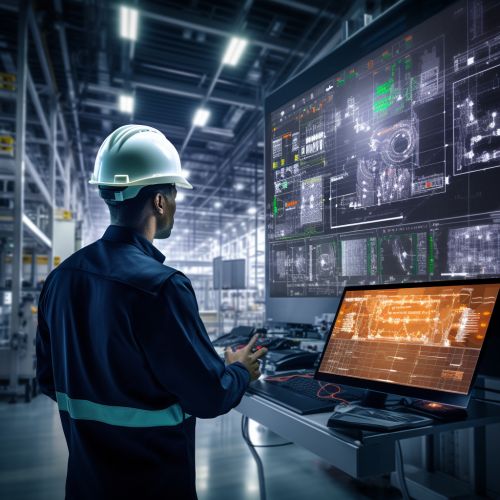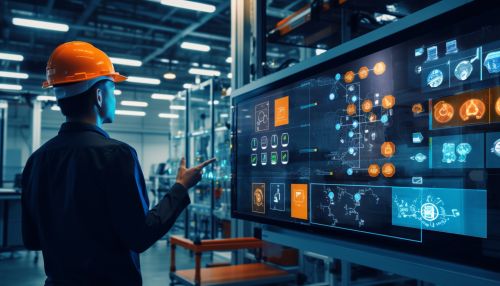Industrial Control System
Overview
An Industrial Control System (ICS) is a type of control system that is used in industrial production for regulating various processes and machinery. These systems are integral to the functioning of numerous industries, including manufacturing, power generation, and transportation, among others. They are designed to maintain efficiency, process data for smarter decisions, and safeguard systems.
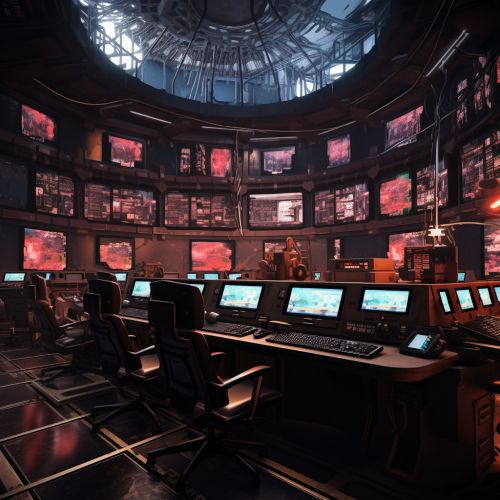
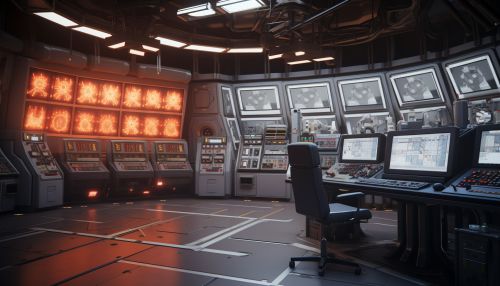
History
The history of Industrial Control Systems dates back to the early 20th century, when industries started using basic systems for controlling industrial processes. The first ICS was a pneumatic device used in the 1920s. With the advent of the digital age, these systems have evolved significantly, becoming more complex and capable of controlling intricate industrial processes.
Types of Industrial Control Systems
There are several types of ICS, each with its unique features and uses. The most common types include:
- Supervisory Control and Data Acquisition (SCADA) systems: These are highly distributed systems used to control geographically dispersed assets, often scattered over thousands of square kilometers, where centralized data acquisition and control are critical to system operation.
- Distributed Control Systems (DCS): These are used to control production systems within a local area such as a factory. The control is distributed throughout redundant, deterministic networked main processors.
- Programmable Logic Controllers (PLC): These are used for discrete control in which an output state is driven by a combination of inputs. PLCs are often used in factories and industrial plants where equipment is batch-processed or manufactured.
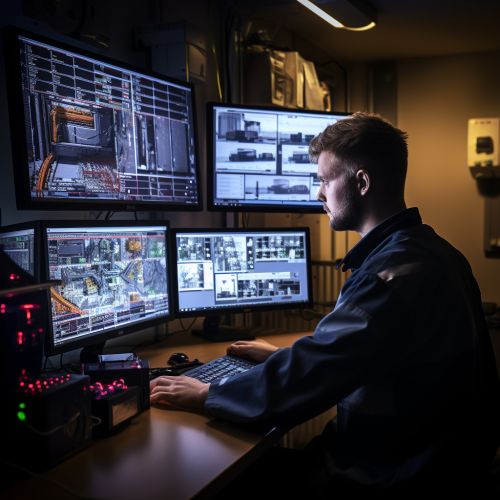
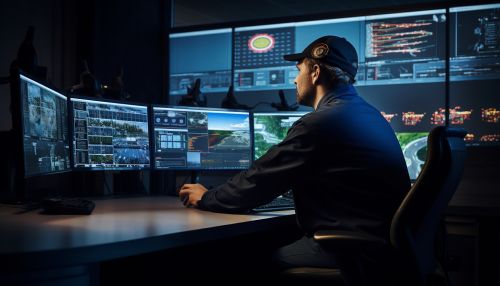
Components of Industrial Control Systems
An ICS consists of numerous components working together to control, monitor, and manage industrial operations. Some of the key components include:
- Controllers: These are the primary components that receive input from sensors and execute a control action based on pre-programmed logic.
- Sensors: Sensors measure physical quantities such as temperature, pressure, or flow rate, and convert them into signals that can be read by controllers.
- Actuators: Actuators are devices that respond to a signal from the controller by physically changing some aspect of the process, such as opening or closing a valve.
- Human-Machine Interface (HMI): The HMI is the user interface through which operators can interact with the control system.
- Communication Networks: These networks enable communication between the various components of the ICS.
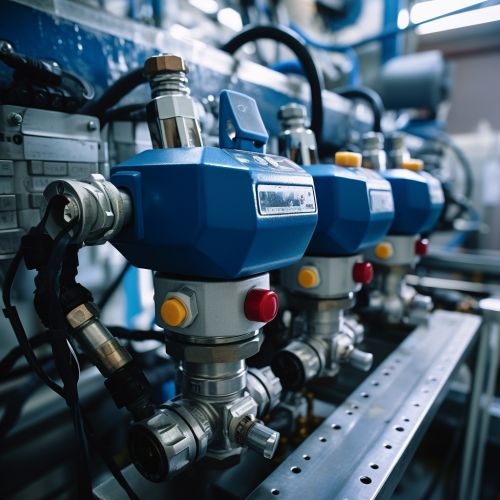
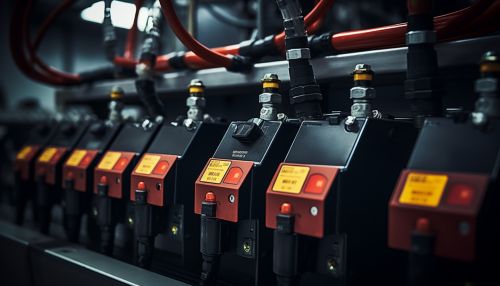
Applications of Industrial Control Systems
Industrial Control Systems find applications in a wide range of industries. Some of the key applications include:
- Power Generation: ICS are used in power plants for controlling and monitoring the generation, transmission, and distribution of electric power.
- Oil and Gas Industry: In the oil and gas industry, ICS are used for controlling and monitoring drilling, production, and pipeline distribution of oil and gas.
- Water and Wastewater Treatment: ICS are used to control and monitor water treatment plants and wastewater treatment facilities.
- Automotive Industry: In the automotive industry, ICS are used for controlling and monitoring assembly lines, paint shops, and other operations.
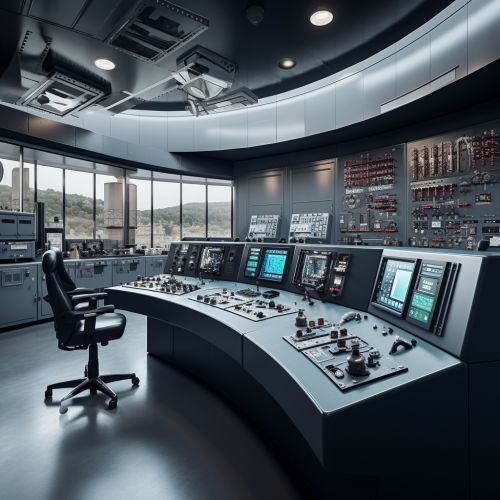
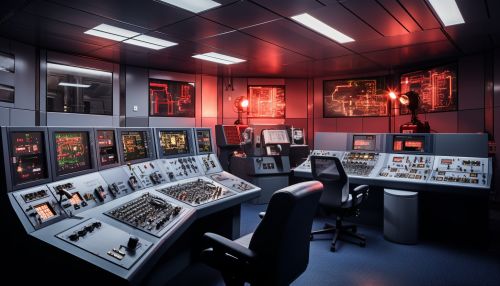
Security of Industrial Control Systems
The security of Industrial Control Systems is of paramount importance due to the critical nature of the industries they are used in. Cyber threats to ICS have been on the rise, and these systems are often targets for hackers due to the potential for significant disruption and damage. Therefore, robust security measures, including firewalls, intrusion detection systems, and regular system audits, are essential to protect these systems.
Future of Industrial Control Systems
The future of Industrial Control Systems lies in the integration of advanced technologies such as Artificial Intelligence (AI) and the Internet of Things (IoT). These technologies promise to bring about a new era of industrial automation, where systems are more efficient, flexible, and intelligent.
